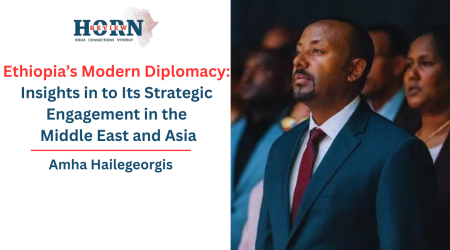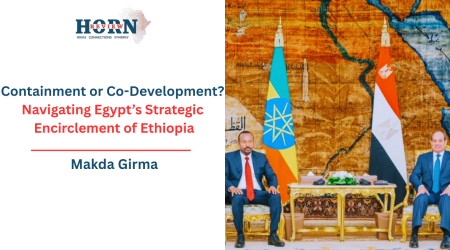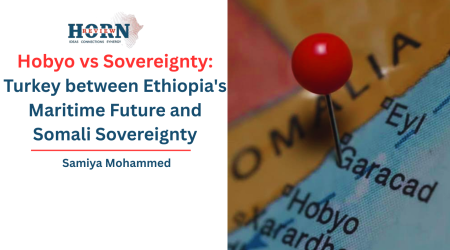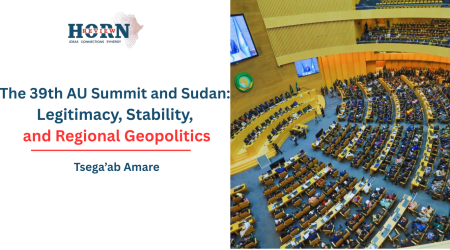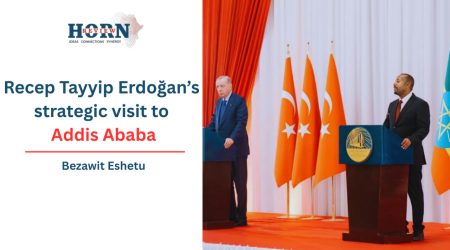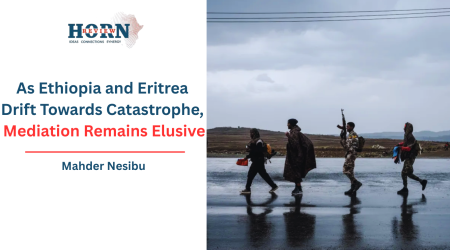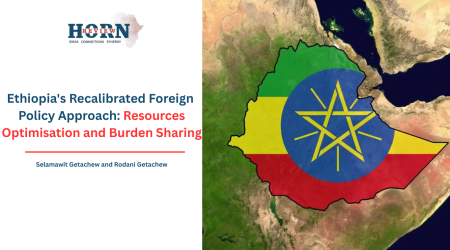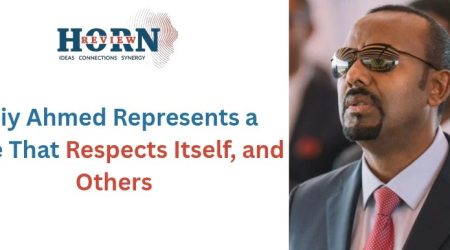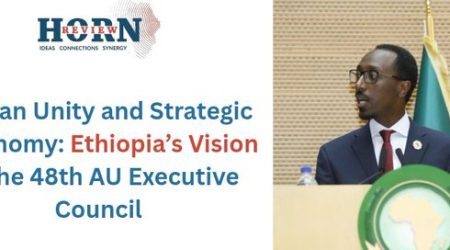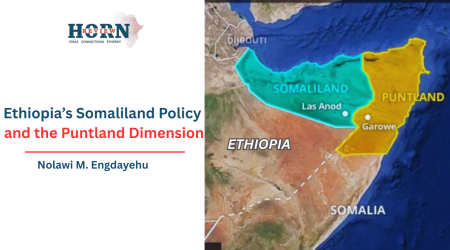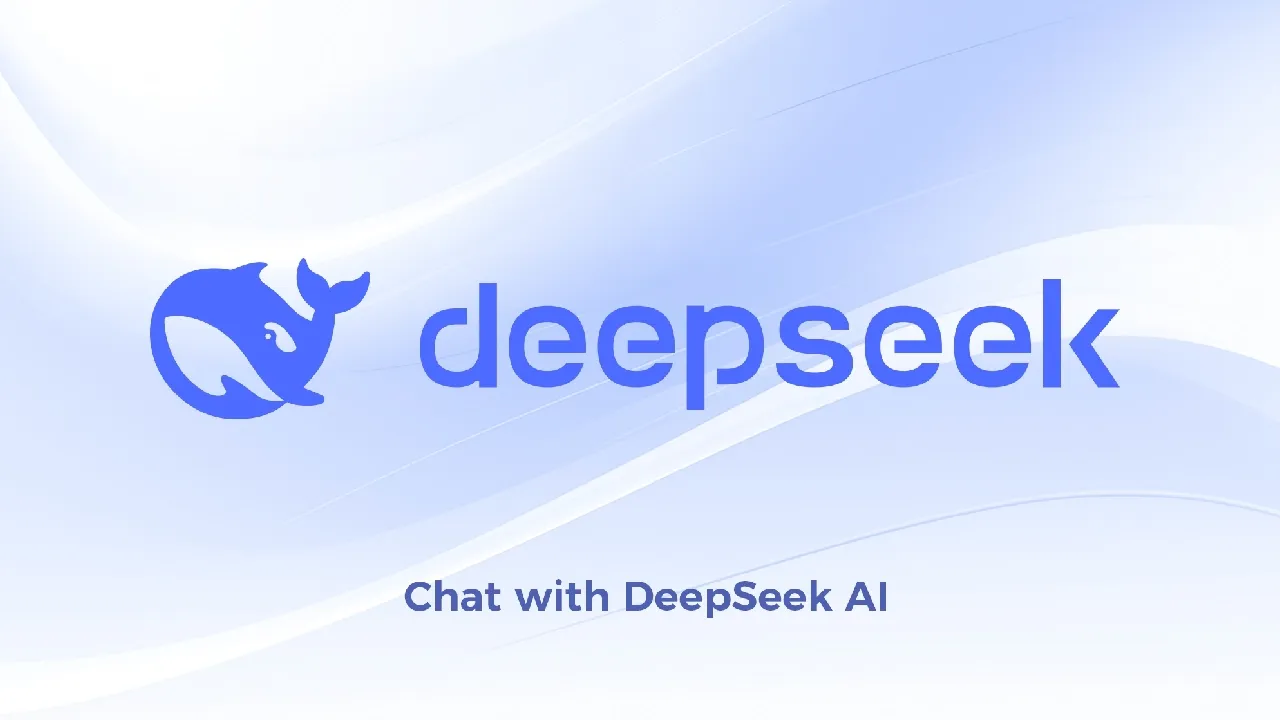
6
Feb
Deepseek’s Impact on AI Development: What It Means for Ethiopia and Africa
The recent launch of Deepseek’s AI model has made global headlines, marking a significant shift in the perception that AI development is dominated by the United States and the West. This breakthrough signals new opportunities for the Global South, particularly African nations like Ethiopia, which are striving to keep pace with technological advancements.
A Turning Point in AI Development:
Deepseek’s success has surprised the tech world for several reasons. The U.S. has long held a dominant position in AI development, largely due to its access to high-end computing hardware and massive investment in the sector. Moreover, restrictions on China’s access to advanced AI chips were expected to hinder its progress. Yet, Deepseek has proven otherwise—developing a high-quality AI model despite hardware limitations and with just a fraction of the typical budget.
This development has far-reaching implications: it demonstrates that AI innovation is no longer the exclusive domain of resource-rich nations. The prospect of developing powerful AI models with fewer resources makes global AI innovation more diverse and decentralized.
The Opportunity for Ethiopia and Africa:
For Ethiopia, this shift is particularly relevant. The government has identified digitalization and technological innovation as essential pillars of national development, outlined in its Digital Ethiopia 2025 strategy. The country has also introduced a national AI policy and established an institute dedicated to AI research and application. While much of the current focus remains on closing infrastructure gaps, the long-term potential for AI adoption is immense.
AI has transformative applications across multiple sectors:
Agriculture: AI can help improve crop and livestock health, optimize fertilizer and pesticide use, and support agricultural research. Given that agriculture dominates Ethiopia’s economy, AI-driven solutions could significantly enhance productivity.
Healthcare: AI-powered diagnostics and treatment planning could address Ethiopia’s shortage of medical professionals, improving access to quality healthcare, especially in rural areas.
Finance: AI-driven fraud detection, credit scoring, and personalized financial services could enhance financial inclusion and streamline banking operations.
AI as a Catalyst for Africa’s Growth:
Deepseek’s achievement suggests that AI development is becoming more affordable and accessible. This creates a unique opportunity for African nations to integrate AI into economic policies and development strategies. However, several key factors will determine success:
Building a strong private sector: Most AI advancements worldwide have come from private companies. Ethiopia’s recent economic reforms—welcoming foreign investment and easing restrictions on private enterprises—are steps in the right direction. A thriving tech ecosystem is essential to drive AI innovation.
Investing in digital infrastructure: Internet penetration, computing power, and electricity supply remain major challenges. Governments must prioritize infrastructure expansion to support AI-driven solutions.
Developing AI talent: AI research and application require a skilled workforce. Strengthening STEM education and fostering AI-focused training programs will be crucial for long-term success.
Leveraging Africa’s youthful population: With a rapidly growing and tech-savvy youth population, Ethiopia and the rest of Africa have a demographic advantage. Encouraging young innovators to develop AI solutions tailored to local challenges could accelerate progress.
AI’s Role in Solving Africa’s Unique Challenges:
Beyond economic applications, AI can help address Africa’s broader challenges, such as climate change, food security, and infrastructure development:
Climate resilience: AI-driven predictive analytics can enhance disaster preparedness, optimize water usage, and support environmental conservation efforts.
Urban planning: AI-powered traffic management and smart city development could improve urban mobility and infrastructure planning.
Education: AI-based personalized learning tools could enhance educational access and quality, especially in underserved areas.
The Road Ahead:
Despite infrastructure challenges, Ethiopia and other African nations have a genuine opportunity to develop and utilize AI for sustainable growth. By adopting strategic policies, encouraging public-private partnerships, and investing in technological infrastructure and talent development, Africa can position itself as a significant player in the global AI landscape.
The coming years will be critical. The question is no longer whether Africa can participate in AI development but how effectively it can leverage AI to drive its transformation.
By Horn Review Editorial

